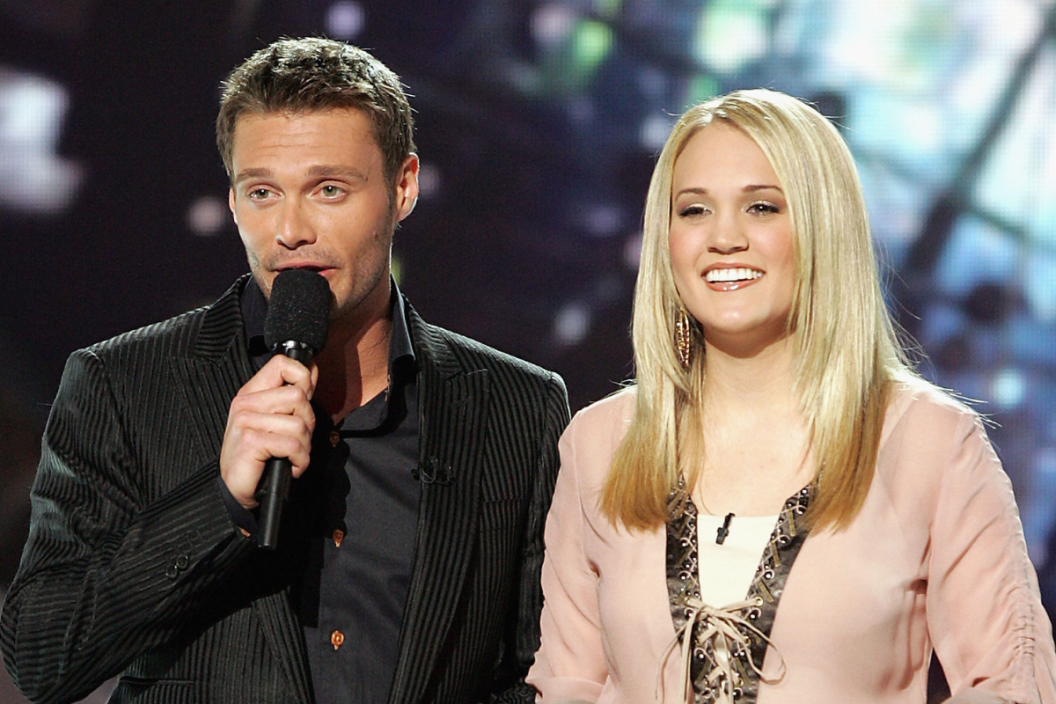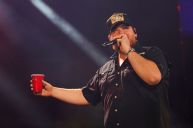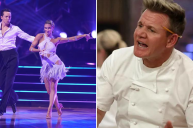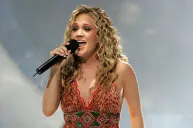Singing competition shows provide aspiring stars with a clearer-than-usual path to music industry prominence, as evidenced by 21st century success stories that began on ABC's American Idol, NBC's The Voice and comparable series.
Videos by Wide Open Country
For evidence of this trend's pop cultural impact, turn the dial to country radio. After all, there's no shortage on the airwaves of superstars synonymous with such shows, be it winners (Scotty McCreery), finalists (Gabby Barrett) or celebrity judges (Blake Shelton, Luke Bryan).
Like anything else that has influenced change in country music, these television shows draw the ire of gatekeepers itching to declare the genre "dead." Here's answers to three common complaints pushed by naysayers.
1. False: Singing Competition Shows are a Relatively New Phenomenon
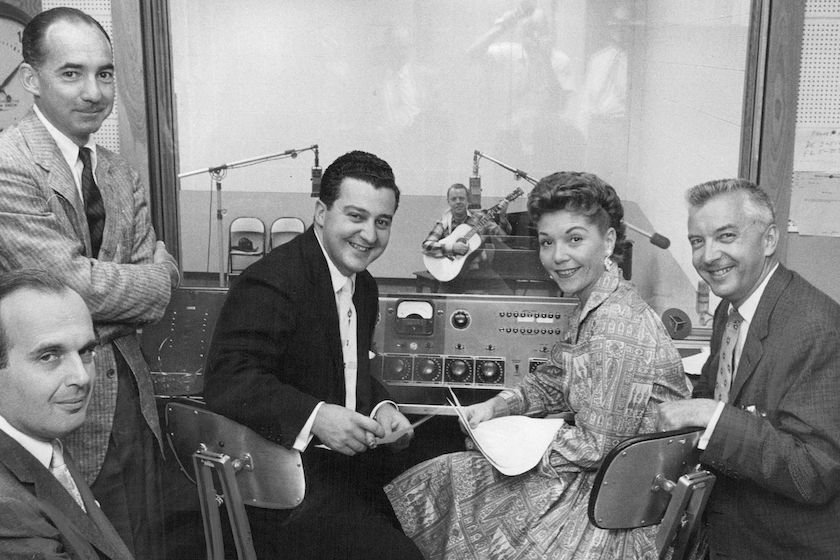
Denver Post via Getty Images
The singing contests of today build off a tradition that predates the turn of the century's often-maligned reality TV show boom by several decades.
A studio audience applause meter decided winners on Arthur Godfrey's Talent Scouts between 1946 and 1958. It wasn't the only proto-reality television option back then, with Ted Mack's Original Amateur Hour debuting in 1948 and running until 1970. Viewers of the latter telephoned votes for such future legends as Gladys Knight and Jose Feliciano.
Other noteworthy series over time range from the Gong Show in the '70s to Star Search in the '80s and '90s.
Outside of the United States, there's separate lineages of comparable reality shows, namely the long-running Eurovision Song Contest and two UK series that inspired American spinoffs: Pop Idol and Simon Cowell's The X Factor.
2. False: "Real Country Singers" Must Pay Their Dues Without TV Exposure
Carrie Underwood and other products of singing competitions sometimes get accused of being "too pop," in part because of their one-way tickets to Hollywood. Yet countrified contestants seeking much-needed television exposure date all the way back to at least Patsy Cline, whose first taste of national stardom came in 1957 via a winning performance of "Walking After Midnight" on Arthur Godfrey's Talent Scouts.
Others beyond Cline with seldom second-guessed country bonafides and TV talent show experience include the Stoneman siblings (Arthur Godfrey's Talent Scouts), Tanya Tucker (Original Amateur Hour) and LeAnn Rimes (Star Search).
The list of notable talents with singing competition experience becomes more stacked when you consider country-themed shows over the years, including TNN's You Can Be a Star (Randy Travis, Alan Jackson, Trisha Yearwood), the USA Network/NBC's Nashville Star (Miranda Lambert, Chris Young, Kacey Musgraves) and CMT's Next Superstar (Bri Bagwell).
Another knock on shows like American Idol is their reliance on cover songs. Social media hot takes about this fall flat for three reasons. One, skillfully interpreting others' lyrics as a path to stardom worked wonders for stylists-not-songwriters ranging from Elvis Presley to Patty Loveless. Two, climbing your way up from the bottom in honk tonk bars typically requires mastering cover songs (for tips instead of votes). Lastly, as we've learned through Chapel Hart's run on America's Got Talent, some series allow those auditioning to wow a panel of judges as capable singer-songwriters.
3. Partly True: Rising Country Stars and Americana Favorites Don't Need to Win a Recording Contract
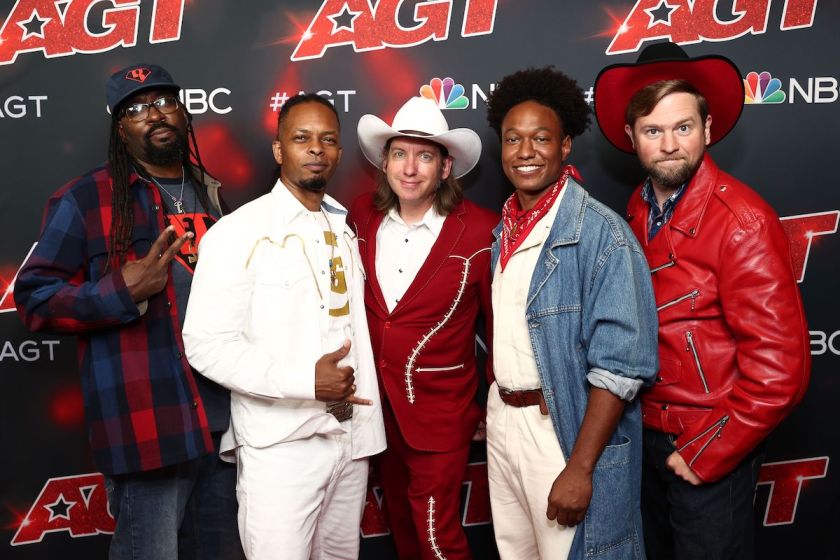
Matt Winkelmeyer/Getty Images
Typically, contestants on singing competitions vie for a record deal. This endgame causes some head scratching when talents with hard-earned reputations as recording acts (see Gangstagrass, EmiSunshine and others) leap over to reality television.
Even Cowell questioned Nashville recording artist Drake Milligan's motivation after the Presley-loving youngster's 2022 America's Got Talent audition (which, to be fair, was for a shot at $1 million).
"Back in the day. Elvis had The Ed Sullivan Show and The Beatles [did too], and I see this kind of on the same scale of that, almost bigger, way bigger," Milligan said of his shot at further exposure.
Indeed, these shows create scenarios where while guaranteed money or studio time's certainly a plus, any amount of what amounts to free advertising is invaluable.
